Inventory and Project Accounting: A Comparative Review
In 1998, WRI and WBCSD formed a partnership to develop the Greenhouse Gas (GHG) Protocol Corporate Standard, published in 2001 and revised in 2004, and the GHG Protocol for Project Accounting (Project Protocol), published in 2005. These standards provide two methods to account for emissions, respectively: entity-level GHG inventory accounting, which describes how to quantify and allocate an organization’s share of emissions to the atmosphere, and project-based GHG accounting, which describes how to evaluate emissions effects of a project relative to a counterfactual baseline scenario without the project.
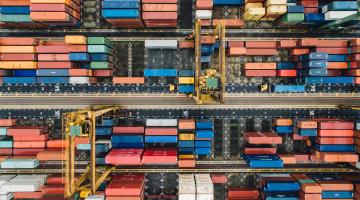
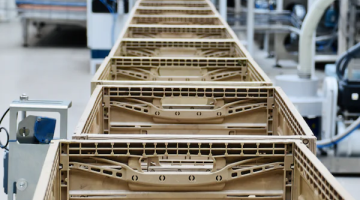

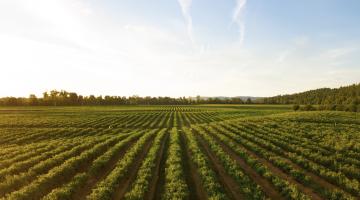


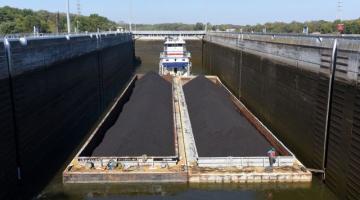
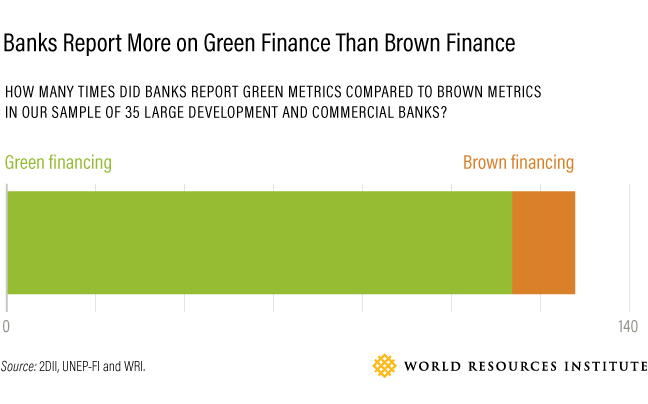 Banks are connected to every part of the economy through their investing and lending activities. That means they play a crucial role in financing the transition to a low-carbon economy. The financial sector is
Banks are connected to every part of the economy through their investing and lending activities. That means they play a crucial role in financing the transition to a low-carbon economy. The financial sector is 
